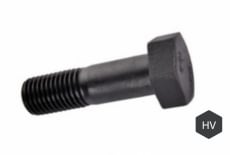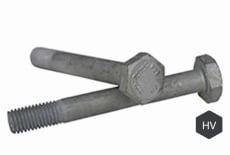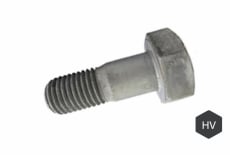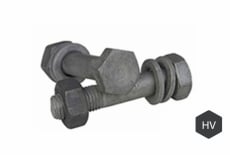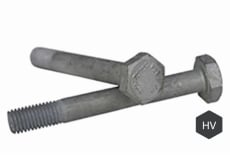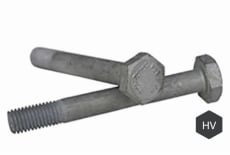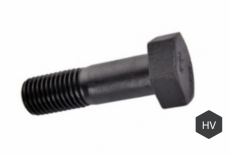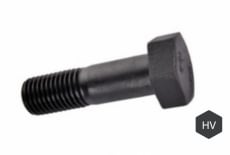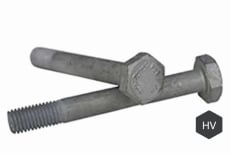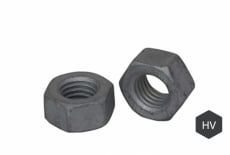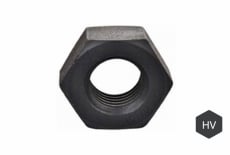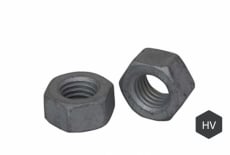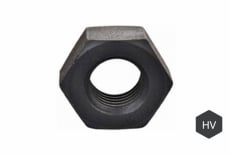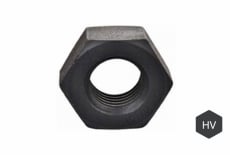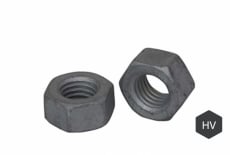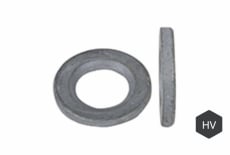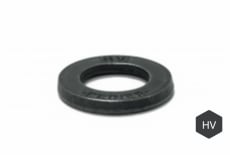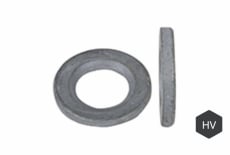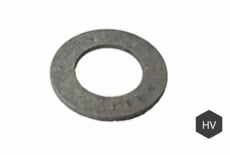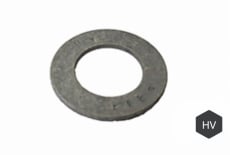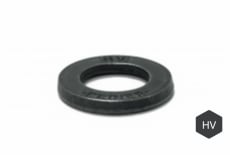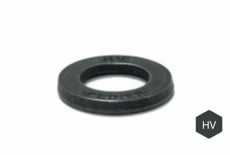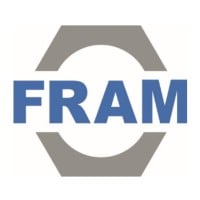In construction, key attention is paid to the strength and reliability of structures. Guaranteed reliability of construction fasteners must exceed operating loads. And although ease of installation and ease of assembly of construction sites are also important, they often have to sacrifice in favor of increasing strength, which is guaranteed by special fasteners for the construction industry.
Metal products for the construction industry can only be divided from the category of metal products and other fasteners. Produce fasteners for the construction industry, as well as other types of metal products, often made of steel.
Both classic carbon steel and alloy alloys containing chromium, nickel, copper, titanium and other materials are used for construction fastening. Stainless and corrosion-resistant construction fasteners are used for reliable operation. In some cases, it is possible to use non-ferrous metal products and even fasteners made of high-strength plastics. For cold climates or other specific conditions, there are also special fasteners, the purpose of which will indicate their labeling.
Varieties of fasteners for the construction industry
Construction fasteners should provide a connection of products and structures for different purposes, which are made of a variety of materials. Therefore, the principles of fixing different types of fasteners differ from each other.
The most widely and universally used are the rivet connection, which is used to tighten the sheet materials by deforming the workpiece in the form of a short rod or tube with an end head - a rivet. The latter is inserted into the holes of the connecting parts and deformed by a series of blows, which types of fasteners for the construction industry:
-
rivet connection, the use of which is the contraction of sheet materials by deformation of the workpiece in the form of a short rod or tube with an end head - rivets. The latter is inserted into the holes of the connecting parts and deformed by a series of blows;
-
connection by means of nails or nails - driving in hardware in the form of a core with a head and the sharp end;
-
connection by means of screws or self-tapping screws - threaded rods with a head for screwing into the prepared hole (screw) or directly into the material without prior drilling (self-tapping screw);
-
and finally, the most commonly used threaded connection. It is carried out by means of mutual fixing of bolts, screws, pins, and also nuts and washers for the construction industry. It is the high-strength fastening on the basis of construction bolts and the corresponding nuts and washers for the most part and allows to guarantee necessary durability and reliability of a building design.
In addition to the mentioned metal products for the construction industry, there are other fasteners, including, for example, the use of anchors and dowels, cables and chains (rigging) and all sorts of special fasteners. And yet, fasteners for the construction industry often mean threaded products - construction bolts, washers and nuts.
How to choose nuts and bolts for the construction industry
The main requirement that must be met by fasteners for the construction industry - compliance with design documentation. For example, bolts can have a specific head shape, say, a secret or semi-secret type, with a hole for a hexagon, a key, a straight or cross-shaped slot, and so on. They may differ from each other in accuracy class, have different strength limits, and so on.
However, metal products for the construction industry must meet national or international standards (DIN, ISO). Therefore, the construction fixtures of different suppliers must have documentary evidence of product compliance with certain specific requirements.
Examples of fasteners for the construction industry include a reliable structural fastening kit that includes a high-strength bolt (DIN 6914, analog EN 14399), a high-strength nut (DIN 6915, analog EN 14399) and two high-strength washers (DIN 6916, analog EN 14399) on the side. nuts and bolt side. These uncoated or hot-dip galvanized steel construction products are best suited for the installation of responsible high-load joints. The strength class of DIN 6914 bolts and DIN 6915 nuts is 10.9 and 10, respectively.
More technical information about structural fastening can be found in the expert article "WHAT IS STRUCTURAL FASTENING?"


.jpg)
 Bolts (9)
Bolts (9) Nuts (6)
Nuts (6) Washers, rings (7)
Washers, rings (7)